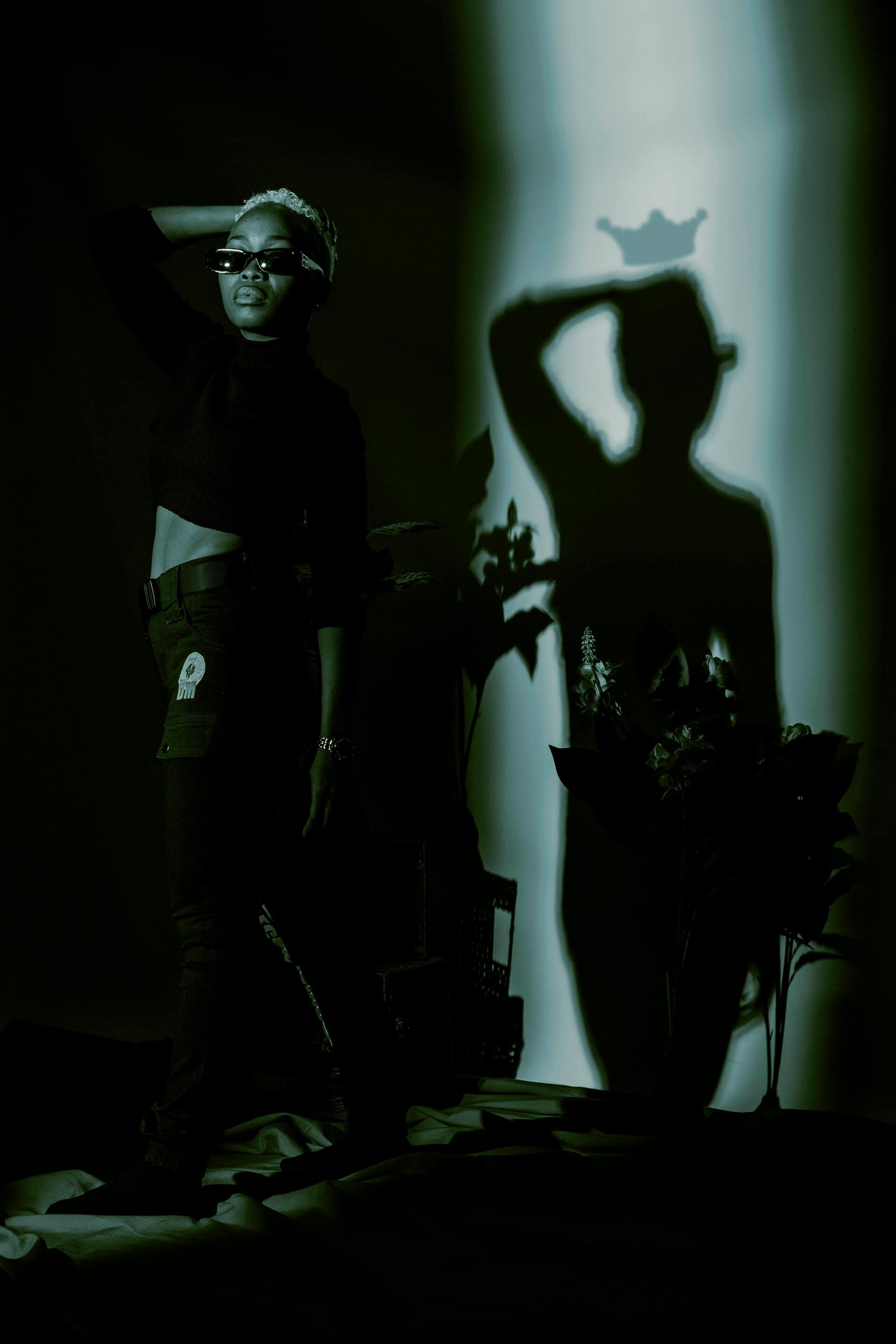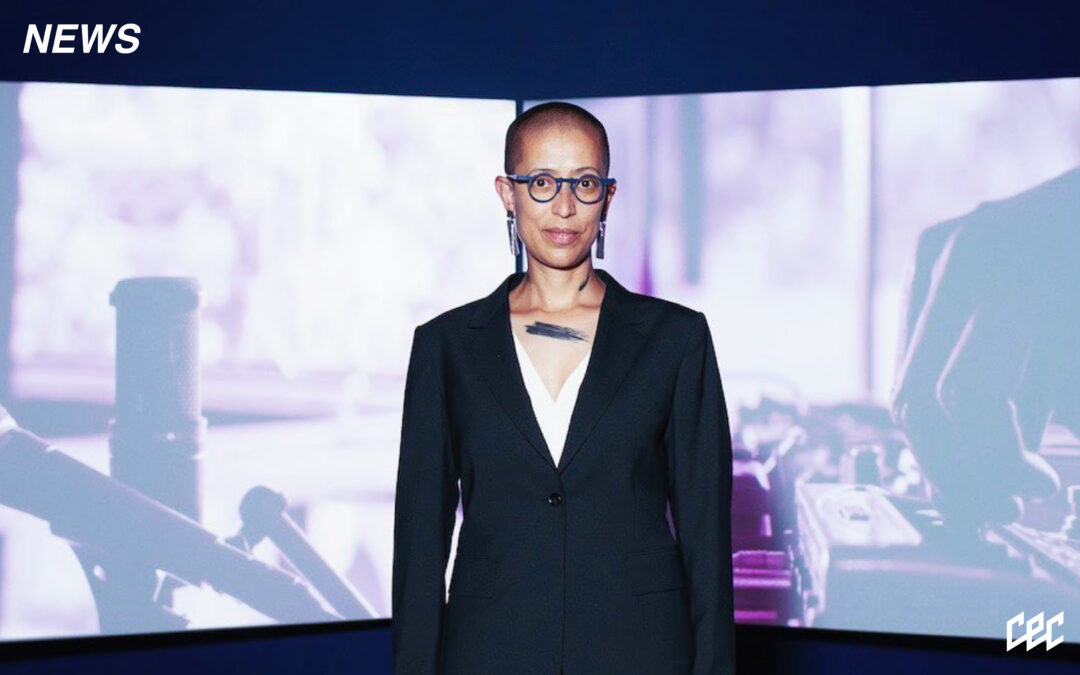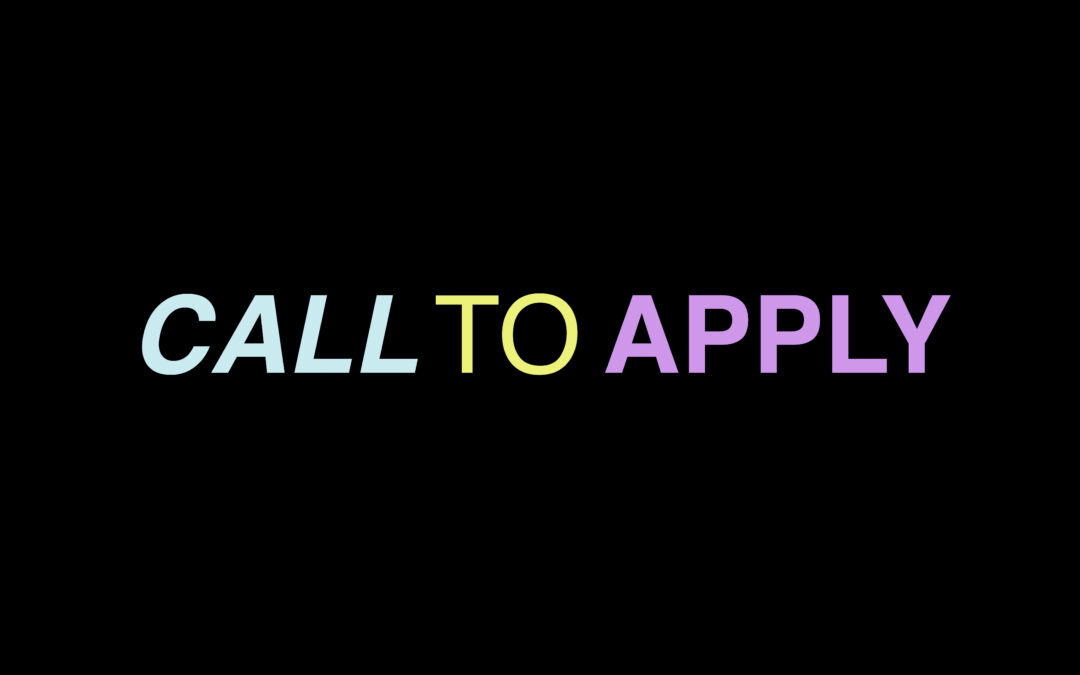Heterosexual dating in 2025 is, unsurprisingly, fraught with politics. At a time when gender discourse is deeply dividing, to co-exist as ‘man’ and ‘woman’ – and to take with it centuries of social and cultural conditioning– is to question the foundations of love, equity, choice and reciprocity.
Despite the critical consciousness of our new age, most women are born dreaming of a Prince. Whether he looked like Chad Michael Murray or an animated frog, he represented love and destiny, and more than anything, the safety and security of the Provider. Beyond the companionship and the passion, the romance and the epic fairytale, the Prince symbolises access to wealth. Try as we might to euphemise these economic agreements, in reality, the story book model disguises the call for a saviour. For the girl with no money, no prospects, and who’s already a burden to her parents, romance is but an added bonus.
Post-first-wave feminism, post-voting rights, post-gender parity evolutions, the Prince returns. With him, stands the Princess. Call it a byproduct of economic uncertainty, the rise of right wing politics, or the success of Nara Smith’s PR manager, but suddenly women are looking for providers again. You only need to watch one episode of Love Is Blind to know that most women, even the successful Sparkle Megan types, want royalty treatment (or else).

Imagery courtesy sourced via Pexels

‘Princess treatment’ became an online fad just 5 months following conservative election wins in the United States. It began with a woman named Courtney Joelle, whose viral 6 minute TikTok video caused a stir when she stated that, to feel like a ‘princess’, she’d let her man do everything for her, including opening doors, ordering her food, and managing her money. She described it as, “letting your husband lead and be masculine.” Her tips and tricks epitomised Tradwife aspirations, veiling weaponised incompetency, infantilisation and dependency as “femininity.” She recommends communication cut-offs, quietness and feigned helplessness to ensure that he stays interested and “obsessed”.
On the other side of the radicalised dating spectrum, misandrists mocked the trend by setting their partners up to answer ‘bare minimum’ or ‘princess treatment’ to a selection of high-value services. If he answered wrong, he’d be pushed into a pool or sprayed in the face with a high-pressure garden hose. The more I clicked, the more I saw a concerning amount of prejudice and resentment reveal itself. Examples started with nasty but potentially harmless ‘Short King’ hatred, and finally devolved into some pretty outrageous Machiavellian strategies on ‘How To Make Him Obsessed With You’ (basically, how to neg someone) using your ‘Dark Feminine’ aura.
Indoctrinations on both sides of the political extreme see women either suppressing their independence to allow masculine control, or using their femininity to gain their own. ‘Princesses’ are well-resourced, and unashamed of using manipulative tactics to get their Soft Life. We’re a long way away from the 1950s kitchen appliance advertisements that once mediated a woman’s role as nurturer, mother and wife. Yet, at their core, these trends function on similar assumptions– and although I know some of them are only satirising heterosexual dating, they leave me up at night, anxious with ideology. I find myself asking, what do women want? Or more specifically, what do feminists want, and what did we get instead?
During the first-wave movement, we asked for the right to vote (but failed to account for intersectional oppressions in class and race). During the second-wave movement, De Beauvoir and Friedan inspired wider emancipation: a radical reformation of gendered conditioning, not only in our state, workplaces and economy, but in our homes. Some more radical thinkers like Firestone proposed that a complete renunciation of biologically-defined reproductive roles were the only solution for centuries of subjugation. To save myself from a life of conformity, I must reject the role of the nurturer. To prove my independence, I must equally refrain from needing. Tough ask. Today, we’re more tempered. Thinkers like Butler speak of gender as a cultural performance, distinct from sex, which we can put on and take off.
Among each school, one critical downfall is increasingly clear. As Didion so controversially stated in her short story, Women’s Movement: “The have‐nots, it turned out, aspired mainly to having”. Behind the veil of reform and empowerment, some women are taking their newfound choice, and using it to reinforce the same oppressive systems in new, insidious ways. These paradoxes find embodiment in schools of thought such as choice feminism, which often ignores the structural, capital realities of patriarchy that keep many from benefitting in the same ways.
The regurgitation of women’s empowerment, embodied by fads like Princess Treatment, prove that beyond historic ambitions to dissolve gender, the dismantling of class might remain more difficult. The pull of capitalism and the soft life appear stronger than hopes for equal opportunity. As Celine Song said, “capitalism is trying to colonise our hearts”.
As harmless as it may seem, Princess Treatment glorifies everything we once contested: the imbalance of effort in a relationship, the materialist and transactional nature of domesticity, and the classist underpinnings of gender performativity. Somehow, somewhere, we managed to turn a resistance effort into a new, hybridised power play where the woman gets it all and the man should consider himself lucky enough, privileged enough, to give. What does this misguided attempt at gendered redress imply? Ana Akana answers, “The idea that empowerment involves appropriating the techniques by which you yourself were oppressed.”


The flipped script of hetero dating in 2025 is not much more than an UNO-reverse on the gendered expectations of a conservative era. With enough normalisation, princess treatment will only reinforce a pre-existing belief that women can’t do hard things without help, while strengthening a malicious male population’s approach to coercion and control through capital.
There’s something frightening about how quick we are to mirror a broken system and call it ‘justice’, instead of repairing its root failures. As Sakeenah theorises in an analysis of Sabrina Carpenter’s latest album cover, “In a post Roe v. Wade world, where the average guy of 35 and under is red-pilled, we’re tired of being sold female objectification as ‘empowerment’.” I wonder, can resistance really be labelled resistance if it still uses the male gaze to its benefit?
Now listen, as choice becomes a fossil of global liberal politics (particularly in the U.S.), it is undeniable that women must become increasingly strategic in their efforts to retain power, protection and safety. Radical resistance is neither a possibility, nor even a goal, for us all. In an age of economic fluctuation, political crises and volatile regressions to basic human rights, Princess Treatment is a consolation prize for the misogyny purported by Andrew Tate and other platformed offenders (including the President of the United States of America). And unfortunately, for many women in strict climates, speaking up may only expose them to heinous attacks on liberal values. So, if your own indiscreet way to harness power is through the embrace of gendered norms, and a comfortable quiet resistance within the realms of your assigned label, then so be it. Ultimately, it is each individual’s prerogative to embrace or deny their social conditioning in what Butler calls the ‘living paradox’ of gender.
But if you are lucky enough to live with more agency, and a partner who embraces shared freedoms and ambitions, then perhaps it’s worth asking whether these material negotiations align with the equity we once hoped for. So, spoil her if it makes you both happy, but also look to redefine love. Ask yourself, how can we sustain each other? How can we make up for each other’s lack? If what we really want is to be acknowledged, seen and sustainably cared for– ethically, and with cultural sensitivity– is economics the best way forward? Or can we also prioritise reciprocity, partnered wellbeing and emotional fulfillment? So long as we continue to imbue bravado and pride only on those who pay the bills, we risk reducing love to not much more than proposition and contract. After all, at a time when it is easy to be embittered by the cruelty of our Nightmarepolitik, it is choice, equity and reciprocity that remains most critical, perhaps now more than ever.
Written by Drew Haller
For more news, visit the Connect Everything Collective homepage www.ceconline.co.za














